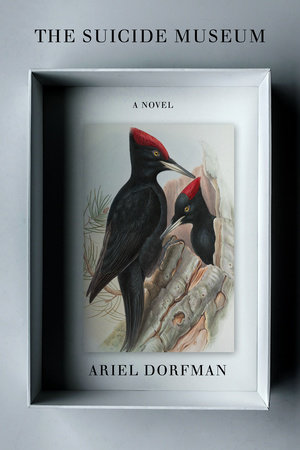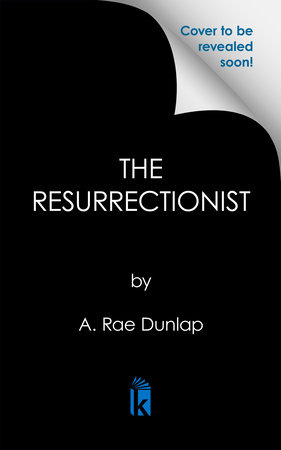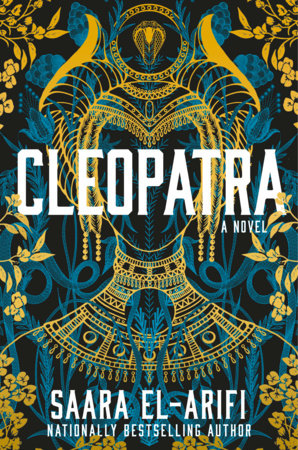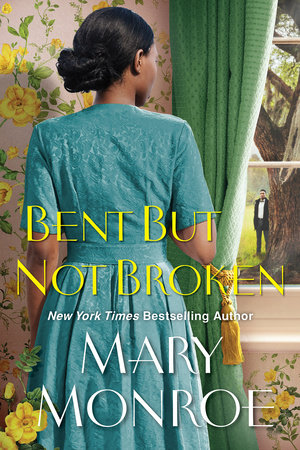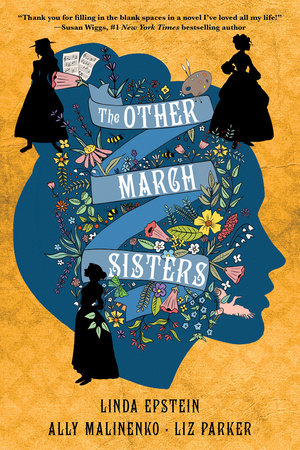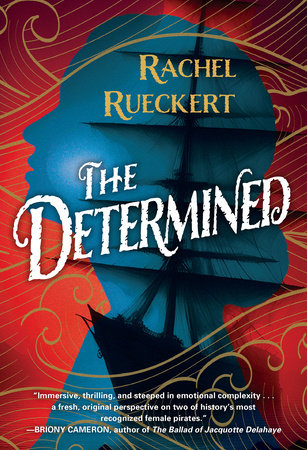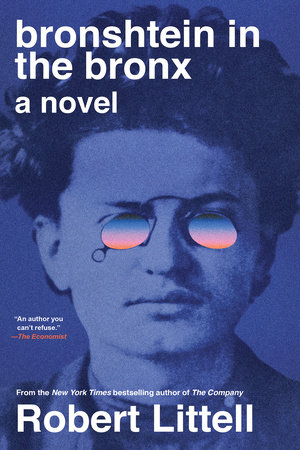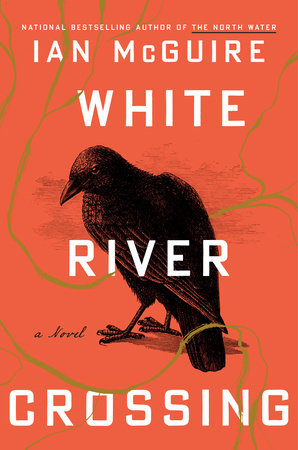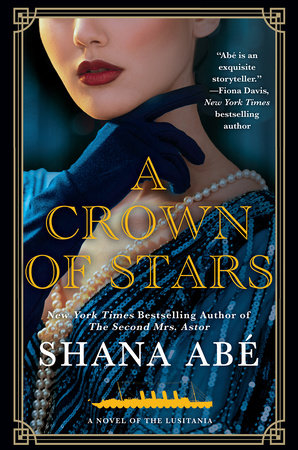“An intricate examination of guilt and grief…evocative of Philip Roth. Its prose is brainy and confident, building momentum through the intensity of its ideas…profoundly moving.” —New York Times Book Review
“Set largely in the nineteen-nineties…[The Suicide Museum is] also a novel that looks toward the future…exhilarating…In what feels like Dorfman’s parting admonition to us to act before it’s too late…he insists that the myth of Allende retains its utility, even in a world the man himself wouldn’t recognize.” —The New Yorker
“A thriller nested inside a literary novel nested inside a memoir…playful and intriguing.” —Los Angeles Review of Books
“Engrossing…an erudite riddle that gracefully melds history and fiction, this feels like the capstone to Dorfman’s literary career. It’s a brainy, dazzling treat.” —Publishers Weekly (starred review)
“Gripping and expansive…Unlike most thrillers, this cerebral tale also serves as a history lesson and a philosophical contemplation on humanity’s shared fate, making it a thought-provoking high point in Dorfman’s prolific literary career.” —Shelf Awareness (starred review)
“[A] wide-ranging novel that’s both complex investigation and emotional history.” —Literary Hub
“[Dorfman’s] life and career demonstrate a sensitivity to the themes of liberation, repression, and exile—themes he takes up in his idiosyncratic new book…Dorfman poses questions of truth, guilt, memory, responsibility, and commitment—all of which bear thinking about.” —Jewish Book Council
“Dorfman opens a wide tunnel into history and tackles well-known events in a surprising, genre-twisting manner…[He] crafts a world of nuanced sentiment and expanded belonging as we continue to reimagine the world according to Allende’s legacy…Dorfman is a global writer at a time when we need his magnitude of understanding, as well as his gentle loyalty to roots, the Earth, and memory, which together have sustained the author’s lifelong belief in human beings and justice.” —Markaz Review
“A unique and uniquely gripping book, a mix of memoir and fiction of a sort I’ve never seen before.” —Tom Engelhardt, SouthernCross Review
“The Suicide Museum is a memoir, a mystery, a tragedy, a philosophical treatise, a song of homecoming, and a spectacular mix of the real and the imagined. In this novel Ariel Dorfman puts his whole literary life on the page—and what a life it has been! For decades Dorfman has written in defiance of the ordinary. He gets to the very pulse of who we are: the social, the political, the artistic, and beyond. Right down to its moment of last-line grace, The Suicide Museum keeps the essential questions alive and, at the same time, joins us all together.” —Colum McCann, National Book Award–winning author of Let the Great World Spin
“A master storyteller uses the devices of fiction to shine a light on the mysteries of real life—and to push ever deeper into everything that haunts him: what a culminating gift from an essential spokesman for humanity and conscience.” —Pico Iyer, national bestselling author of The Half Known Life
“Ariel Dorfman has created a history book disguised as a mystery, or maybe a mystery written as history. Lodged between memoir and fiction, The Suicide Museum is a labyrinth of mirrors, a tale of one nation, or perhaps all nations, where the tortured are condemned to live alongside their torturers. An intricate, thought-provoking read by a literary magician.” —Sandra Cisneros, national bestselling author of The House on Mango Street
“The wildly brilliant Ariel Dorfman has outdone himself with this rivetingly original and mesmerizingly profound supernova of a novel…The Suicide Museum is so many perfect things: a globetrotting mystery, a courageous journey into Chile’s nightmare past, a tender paean to the bonds that keep us human, but above all it’s just about the best book I’ve read in a decade.” —Junot Díaz, author of the Pulitzer Prize and National Book Critics Circle Award–winning novel The Brief Wondrous Life of Oscar Wao
“At the crossroads of history and memory, the masterful Ariel Dorfman has given us a portrait of a generation that lived under the shadow of Fidel Castro and Che, and then suffered the destruction of the alternate vision of socialism offered by Salvador Allende—a tragedy that haunts us still.” —Alma Guillermoprieto, author of Dancing with Cuba: A Memoir of the Revolution
“In this engrossing novel, Ariel Dorfman has found the perfect sweet spot where history, politics, and literary fiction blend. Dorfman, like some of his major characters, operates as an archeologist digging into the remains of recent traumas. Anyone interested in how the past impinges on the present and is transformed into art, should read this book.” —Ian Buruma, author of The Collaborators: Three Stories of Deception and Survival in World War II
“Ariel Dorfman is surely the modern-day conscience of Latin America. He is the elegant scribe of its blue sky as well as its iron fist. He is the clear-eyed, loyal witness to its sputtering bids for democracy. The Suicide Museum is the story he was always meant to write. In it, his prodigious talents are everywhere in evidence—in his breathtaking gifts as a storyteller; in his fierce pursuit of history’s truths; in his sly, deliciously wicked humor; in his essential humanity. This is a riveting novel with a large brain, big heart, and a dark secret at its core. It deserves a universe of readers.” —Marie Arana, prize-winning author of American Chica, Bolívar: American Liberator, and Silver, Sword, and Stone
“I was enthralled by Ariel Dorfman’s The Suicide Museum. I have always loved his writing, loved performing his poetry Last Waltz in Santiago, but this work twisted my heart. To be the expat, the outsider without a home, looking for a way back in is so powerful and lonely. His scrupulous search for the truth holds us all to a very high standard.” —Kathleen Turner, Golden Globe Award–winning actress
“A novel that is also an elegy that in its mournful and nostalgic funeral song exalts the figure of Allende as a moral hero of a generation…This is a novel of multiple paths that intersect and interweave, and where the reader goes up and down different floors, entering and leaving the various levels of reality as they open, a history of the homeland, autobiography, testimony, chronicle, journalistic story, detective story, all of which, seen as a whole, is what a novel should best be according to Cervantes. The Suicide Museum is total and totalizing, an imaginative artifact to understand the occurrences of history and learn to read reality through fiction.” —Sergio Ramírez, author of Divine Punishment
“The Suicide Museum is a thrilling crossroads of genres, where history, chronicle, autofiction, memoir, thriller, and essay converge, and where a complex moral reflection and a call to political rebellion take the form of an investigation into one of the fundamental myths of the twentieth century: the death of Salvador Allende. Ariel Dorfman has written the book of his life.” —Javier Cercas, author of Soldiers of Salamis and The Impostor
“A hallucinatory novel that opens up multiple questions and whose central theme is ultimately the impossibility of language to access death.” —Raúl Zurita, Cervantes Prize–winner and author of Sky Below: Selected Works
“The Suicide Museum reminds us why we need fiction to understand the traumas of our Latin American history. Dorfman has written a daring and lucid novel, which makes for compulsive reading and has great formal wisdom.” —Juan Gabriel Vásquez, author of The Sound of Things Falling and The Shape of the Ruins
“The author of Death and the Maiden has done it again: this novel transforms the dark memory of Chile into a meditation on history, guilt, and the traces left by horror. To read this is indispensable on the fiftieth anniversary of Pinochet’s coup d’état.” —Santiago Roncagliolo, author of Red April
“What a formidable artifact…something like a cross between Norman Mailer, Don DeLillo, and—last but not least and before anyone else and above all—Ariel Dorfman.” —Rodrigo Fresán, author of Kensington Gardens
“Highly recommended…An impressive mix of novel and essay…It will have many readers and deserves a warm reception.” —Benjamín Prado, author of Not Only Fire and Snow is Silent
